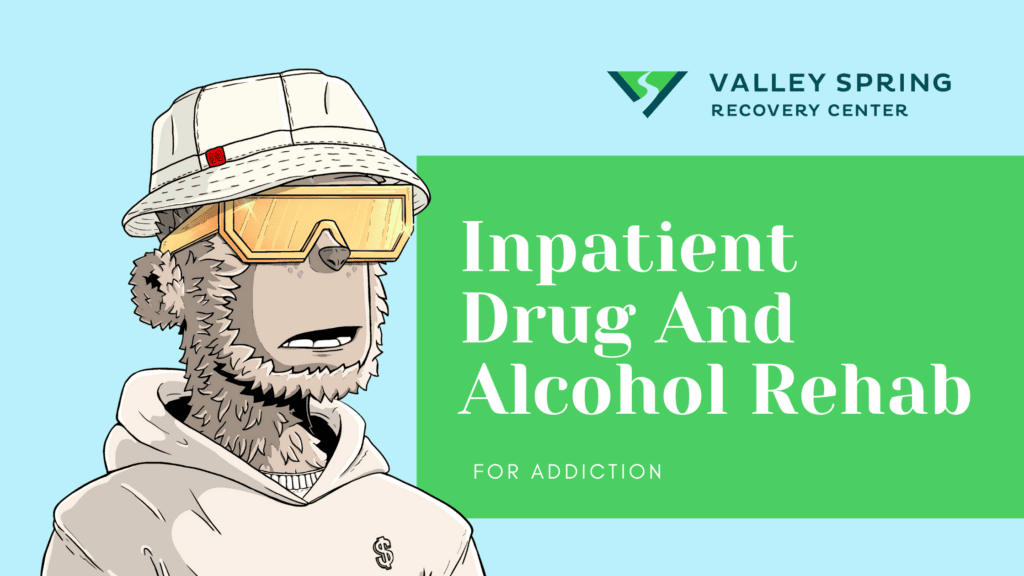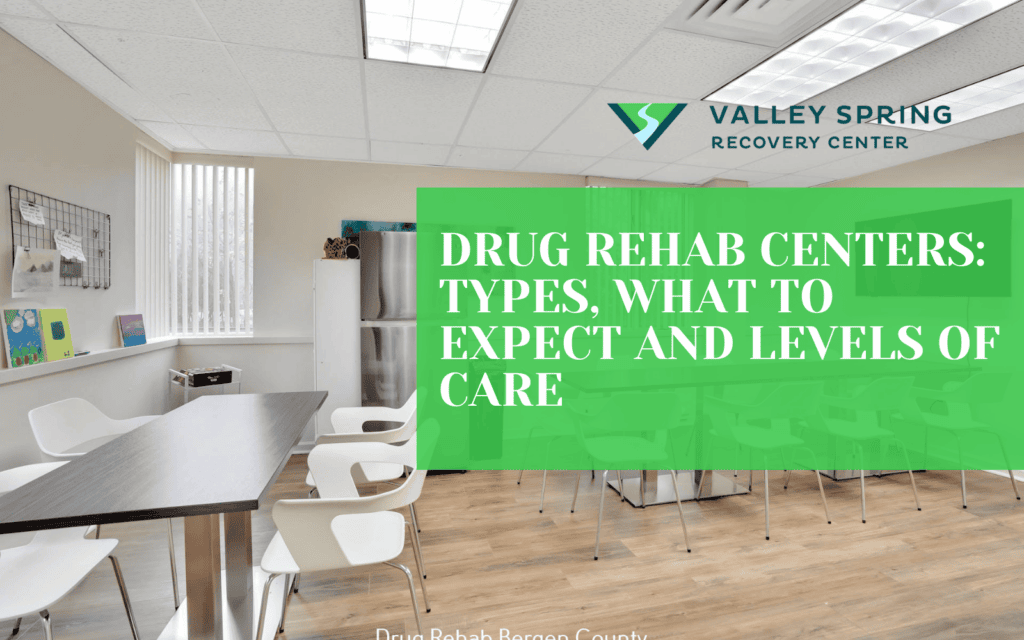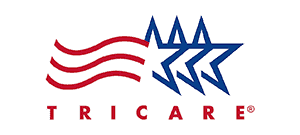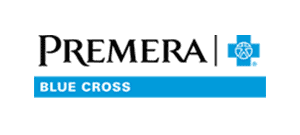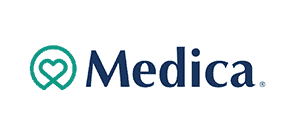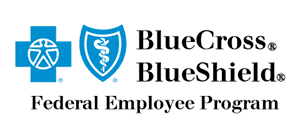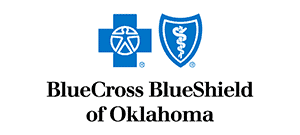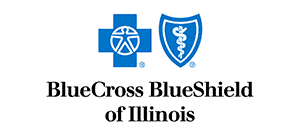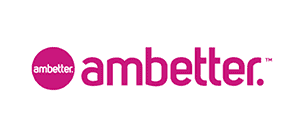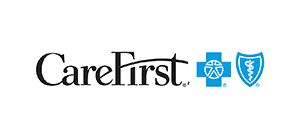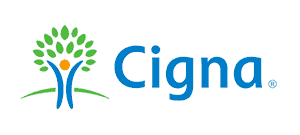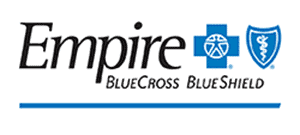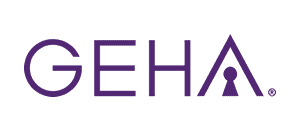
Alcohol and Drug Rehab In New Jersey
Transform Your Tomorrow
Addiction Treatment Services
Welcome to Valley Spring Recovery Center, your local sanctuary for drug rehab and addiction treatment in New Jersey. Situated in the heart of Norwood’s Northern Valley Old Tappan area—affectionately known as “The Valley”—our addiction treatment program is designed to be a beacon of hope and renewal. Unlike traditional inpatient settings, Valley Spring offers a Partial Hospitalization Program that meets five days a week, allowing patients to transition seamlessly to less intensive IOP levels of care and ultimately, outpatient treatment.
Our outpatient programs can be conducted on-site or remotely via telehealth. We offer boutique-style treatment plans tailored to each individual, addressing substance use disorders, mental health issues, and trauma to ensure holistic healing.
At Valley Spring Recovery Center, we’re not just treating addiction; we’re transforming lives, one recovery journey at a time.
Welcome to your new beginning.

A Caring Approach To Addiction Recovery
At Valley Spring Recovery Center, We believe that you are unique and your care should be too. Our clients get access to confidential, boutique substance use and mental health outpatient services, with personalized care, and innovative treatment approaches. We combine compassion, empowerment, accountability, collaboration, and innovation to guide individuals on their journey to lasting recovery.
Our highly qualified team, integrated care programs, and collaborative approach set us apart, ensuring a comprehensive and coordinated treatment that addresses the unique needs of each individual.
We are dedicated to helping our patients build fulfilling and meaningful lives free from the chains of substance use and mental health challenges.
Ready for the Next Step?
We are standing by to guide you through the admissions process.
Click Get Started to fill out a form for an immediate response or call the number listed below.
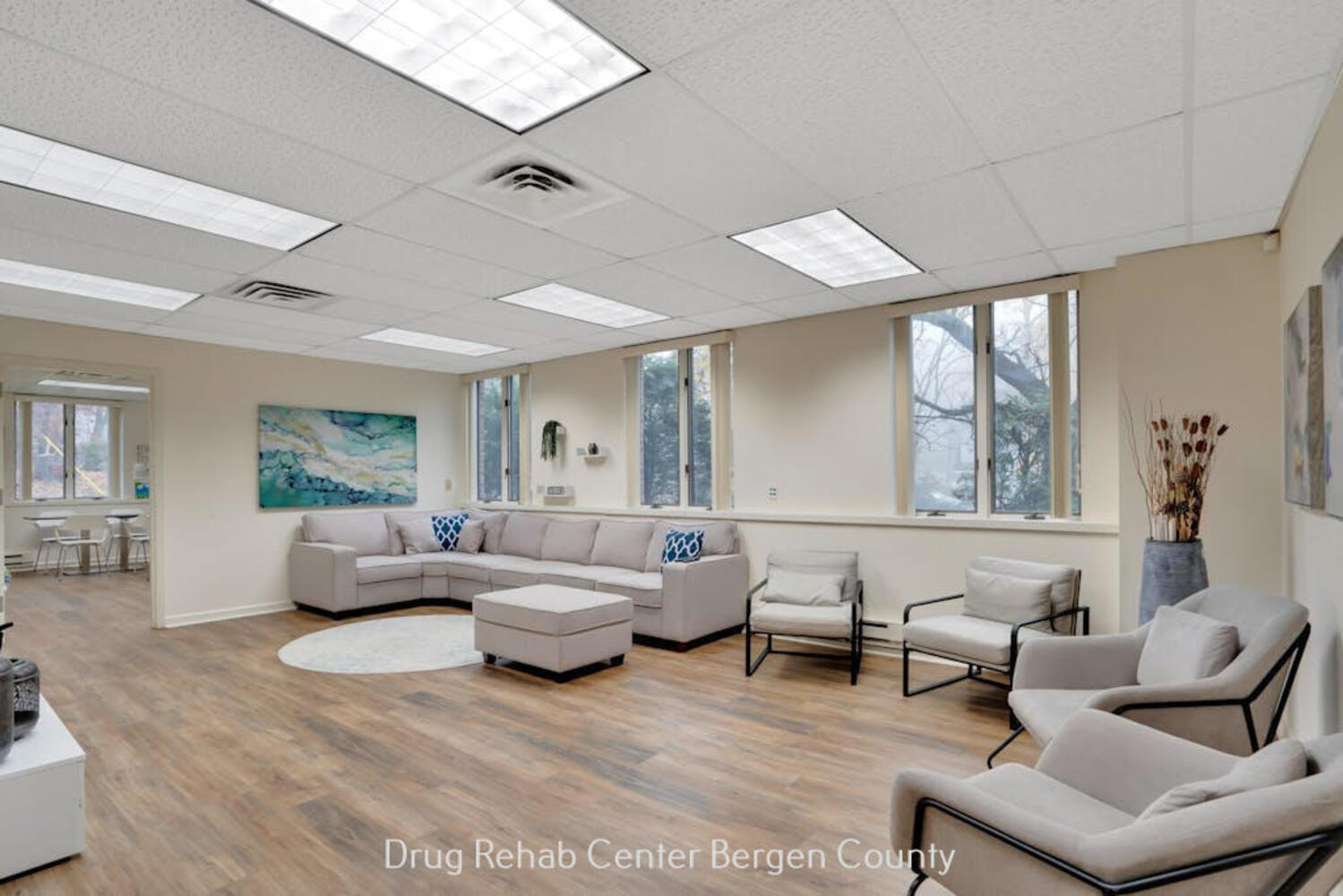
WORLD-CLASS Drug and alcohol Center
Transcend the boundaries set by addiction, trauma, and mental health issues and seize control of your future. Experience lasting recovery under the mentorship of our skilled multidisciplinary clinicians, coupled with the application of state-of-the-art technology. Benefit from a personally tailored blend of scientifically proven therapies and holistic healing methods. Our drug and alcohol rehab program proudly holds the Gold Seal of Approval from The Joint Commission, affirming our commitment to the highest standards of care. Your journey to wellness is unique, and we are here to provide the distinct support that makes the difference.
Meet Our Recovery Team
The treatment team at Valley Spring Recovery Center is comprised of our Psychiatrist, licensed clinicians, nurse practitioners and peer recovery specialists that aid in the recovery process.
NJ Drug Rehab: Overview, How to Do It, Types, Advantages, and Disadvantages
What Is Drug Rehab Like?
The very thought of entering an addiction treatment program can be daunting. But what if it felt like coming home and you could actually sleep at home or in a private recovery residence? At Valley Spring Recovery Center in New Jersey, our ethos is to transform the process of recovery into a serene, welcoming experience, that provides access to care without having to travel for treatment.
Personalized Recovery in the Heart of New Jersey
At Valley Spring, we believe that every individual’s path to recovery is unique. Thus, every single day of your journey with us—whether in our day treatment(PHP), Intensive Outpatient program, telehealth therapy, or outpatient programming—is intricately designed to resonate with your personal healing process from addiction. As you embark on this transformative journey, we’ll aid you in establishing nurturing routines that prioritize your holistic well-being, empowering you to face life’s challenges without leaning on substances.
Redefining Self-Care in Addiction Recovery
Substance abuse often disrupts one’s self-care regimen, leading to imbalanced sleep patterns, wavering self-esteem, neglect in personal grooming, and unbalanced nutrition. Recognizing these challenges, Valley Spring puts a significant emphasis on cultivating healthier life habits.
While therapeutic counseling and group interactions form the foundation of our treatment approach, we’re also invested in enhancing your self-worth and confidence. Our focus extends to ensuring that every meal you consume here is nutritious, facilitating the physical rejuvenation necessary after the strains of substance abuse.
Equipping You with Robust Coping Mechanisms
Cravings, especially during the initial stages of recovery, are natural. They might usher in feelings of restlessness or anxiety. A pivotal part of your treatment at Valley Spring is learning innovative techniques to counteract these cravings, alleviate anxiety, and find genuine stress-relief avenues.
To this end, we might introduce you to various holistic therapies. Mindfulness meditation to anchor your thoughts, therapeutic massage to release physical tension, structured fitness programs to elevate your physical health, and yoga sessions to foster both physical and emotional harmony. Every yoga session at Valley Spring not only helps improve flexibility but also introduces you to breathing techniques, crucial for stress mitigation and rejuvenating your spirit.
Join Us in Your Pursuit of Lasting Recovery
Valley Spring Recovery Center isn’t just another treatment facility. It’s a community where healing, growth, and transformation are nurtured every day. Engage with us and let’s journey together towards a future free from addiction, replete with hope and vitality.
If you’ve been searching for a place to truly redefine your life, know that Valley Spring Recovery Center is here, ready to guide you every step of the way. Join our diverse alumni program and be a part of a community that continues to support and uplift one another.
Do You Provide Individualized Treatment Plans?
To provide a personalized treatment plan, you must be able to do comprehensive diagnostic evaluations. At Valley Spring Recovery Center, every patient receives a full diagnostic assessment to determine the stage of addiction and type. For instance, an individual struggling with Substance Use Disorder (SUD otherwise referred to as addiction) can have a single primary drug of choice or multiple drugs of choice (polydrugabuse) and can be actively using, actively recovering, displaying behavior representative of relapse or actively relapsing. Determining the right type of treatment may change depending on the category one is in. Also, different parts of an individual with SUD can be most affected, such as:
- physical health
- mental health
- emotional state
- quality of relationships
- and finances.
Determining the right type of treatment may change depending on the level of one or more of these components and without proper identification and diagnosis of the type of addict and the part most affected, a customized treatment plan can not be implemented.
Valley Spring’s strength lies in its dedicated team of addiction treatment specialists with experience implementing comprehensive diagnostic evaluations which then allows us to implement a customized treatment plan for each individual that attends treatment. Without diagnostic testing a comprehensive treatment plan can not be implemented.
What If I Can't Physically Make It To Treatment?
At Valley Spring Recovery Center, we understand that logistical challenges can sometimes be a barrier to receiving the vital care you need. However, your well-being is our utmost priority, and we have provisions in place to ensure that distance or travel constraints don’t stand in the way of your recovery journey:
- Travel Arrangements: If you’re facing difficulties reaching our facility, let us know. We can assist in coordinating travel logistics to ensure you safely get to our center.
- Telehealth Therapy: Recognizing the diverse needs of our patients, we also offer telehealth therapy sessions. This means you can engage in meaningful therapeutic sessions with our professionals from the comfort of your home, ensuring continuity in care and support, irrespective of your location.
Remember, Valley Spring is committed to making the path to recovery as smooth and accessible as possible. If there are any other concerns or hurdles you’re facing, please reach out. Together, we’ll find a solution.
How Much Does Treatment Cost?
As a private drug rehab center, we do not have sliding-scale payment options. The self-pay rate for 30 days of treatment can vary depending on the level of care and intensity of treatment that is required. Valley Spring Recovery Center also works with various insurance providers. We are in network with several insurance companies and will actively work with your insurance company so that you can fully utilize your benefits to offset the cost of treatment. We recommend reaching out to our admissions counselors, who can provide detailed information on insurance coverage and any costs associated with receiving addiction treatment. You can also fill out our insurance verification form to quickly see if your insurance will cover the cost of drug and alcohol rehab.
How long does drug rehab typically last?
The duration of treatment programs varies based on the individual needs and progress of each patient. Generally, the length can range from a thirty days to nine months. Our primary focus is ensuring that each patient receives the necessary care and support to achieve lasting recovery. We do not follow a ‘one size fits all’ approach and we want to see all of our patients achieve long-term sobriety and sometimes that means a more extended treatment episode.
Why Choose Drug Rehab Near Me?
- Familiarity: Being in a familiar environment can make the rehab experience less daunting. Recognizing local landmarks or simply being in your home state can offer comfort that aids the healing process.
- Family and Friends Involvement: Treatment can often benefit from the active participation of loved ones. Choosing a local rehab facility can make it easier for family and friends to visit, attend family therapy sessions, and be an integral part of the recovery journey.
- Cost-Effective: Traveling to a destination rehab can come with added expenses, including flights, accommodations before and after the treatment, and other travel-associated costs. Local rehabs eliminate these additional expenditures.
- Aftercare and Continuity: Local rehabs often have ties with community resources, such as outpatient programs, local therapists, and support groups. This makes the transition from inpatient treatment to aftercare more seamless.
- Emergency Access: In the unlikely event of a medical emergency or any urgent situation, being close to known healthcare facilities or having immediate access to family can be advantageous.
- Reduced Relapse Triggers: Sometimes, the allure of “escaping” one’s environment to a destination rehab can seem attractive. However, recovery is also about learning to navigate and cope with triggers in the patient’s home environment. Local rehab can provide tools and coping mechanisms that are directly applicable to one’s daily life post-rehab.
- Logistical Ease: There’s no need to worry about flight schedules, packing for an extended period, or managing travel logistics when attending a local rehab. This can reduce stress, especially during a time when the primary focus should be on recovery.
- Support Network: Some patients might already have a local therapist, support group, or other resources that they’ve used before rehab. Staying local can allow them to integrate these pre-existing supports into their recovery plan.
Are You licensed & Accredited?
Valley Spring Recovery Center has a nationally recognized reputation for addiction treatment excellence. We attract substance abuse treatment clients from all over the state of New Jersey and York and sometimes across the country. Our recovery programs and clinical team have received national recognition from major publications like Best of NJ.
The therapeutic environment created at Valley Spring promotes whole-person healing and recovery from addiction as well as co-occurring disorders. Our goal is to provide the best addiction treatment in Bergen County, New Jersey, and Rockland County New York.
New Jersey rehab centers operate under the guidelines set by the New Jersey Division of Mental Health and Addiction Services (DMHAS) as well as the New Jersey Department of Children and Families (NJDCF). This ensures that they meet specific standards of care, staff qualifications, and facility amenities.
Valley Spring Recovery is not only licensed with the state of New Jersey through the New Jersey Department of Children and Family Services but we are the only addiction treatment provider in the state of New Jersey to hold accreditations from JCAHO and CARF. (As far as we can find with publicly available information)
How Do You Handle Relapse Prevention?
Starting with our Partial Hospitalization Program which meets five days a week, we provide a structured yet flexible environment for recovery. This allows our patients to gradually transition to less intensive IOP (Intensive Outpatient Program) levels of care, and finally to outpatient treatment. This phased approach ensures that you receive the right level of care at each stage of your recovery journey.
We’ve designed our program to address the often-overlooked transition phases in the recovery process. Our patients have the unique advantage of continuing to consult with the same team of medical and psychiatric providers throughout their treatment. This continuity of care not only fosters a sense of trust but also contributes to higher long-term sobriety rates.
We recognize that traditional relapse prevention methods have not been universally effective. That’s why we take a holistic approach, helping our patients craft individualized relapse prevention plans that extend beyond substance addiction. We help you identify and manage other potentially addictive behaviors, whether it’s compulsive eating, overworking, or other activities that could jeopardize your recovery.
Our program includes multiple individual and family therapy sessions per week, a robust Life Skills Program, and 24-hour hotline support. We understand that recovery is not a solo journey, and our family sessions aim to create a supportive home environment to prevent relapse.
Additionally, Valley Spring boasts a dynamic alumni program. We believe that recovery is an ongoing process, and our commitment extends beyond the duration of the initial treatment. We provide resources, support, and continued care to help our alumni maintain their sobriety and navigate post-treatment life.
We’re committed to your lifelong sobriety. Our program is designed to equip you with the skills, resources, and support network you need for long-term success. With Valley Spring Recovery Center, you’re not just a patient; you’re part of a community committed to your lasting recovery.
How Do You Handle Treatment For Opioid Addiction?
New Jersey is in a full-blown opiate epidemic and crisis. According to our latest self-published research report that pulled data from the New Jersey Chief Medical Examiner’s office, The majority of overdose deaths in 2019 were from Fentanyl with 2,266, and Heroin with 1,082 confirmed overdose cases.
In Bergen County where we are located, there were fifty-seven Heroin overdoses and one hundred and ten Fentanyl overdose deaths.
Opiates are an overwhelming problem and we frequently treat individuals struggling with opiate addiction (heroin, fentanyl, prescription painkillers etc). Since our Medical Director, Dr. Olla is a licensed psychiatrist, we are able to offer medication-assisted treatment to our patients which can help with cravings and withdrawal symptoms. If acute detox is required, we work with respected detox centers in the area.
Do You Have A Program For Alcoholics?
Located in the heart of Norwood, New Jersey’s Northern Valley Old Tappan area, Valley Spring Recovery Center offers a comprehensive range of treatment options to help individuals with alcohol use disorder and co-occurring substance use disorders.
In 2021 there were 1437 admissions to drug rehab where the primary substance reported was alcohol in New Jersey, according to NJ SAMS data.
Our focus on dual diagnosis treatment allows us to identify and manage any co-occurring mental health disorders, which are often the root cause of alcohol abuse. This is particularly crucial since nearly half of those struggling with alcohol abuse have underlying disorders that lead them to self-medicate according to a recent study from the World Psychiatric Association (WPA) by Drake, Robert E. et al. in 2007.
Self-medicating with alcohol is a dangerous cycle that can escalate into severe addiction. We recognize the inherent risks associated with alcohol, a substance that is both widely abused and easily accessible. At Valley Spring Recovery Center, we’re not just treating addiction; we’re equipping you with the tools for a lifetime of sobriety.
During the journey through alcohol rehab at Valley Spring Recovery Center, patients engage in a meticulously designed series of treatments, therapies, and counseling sessions that span from 30 days to 9 months. This tailored approach aims for sustainable, long-term recovery. Patients meet with their dedicated therapist, who delves into the underlying causes of their addiction, equipping them with the skills to manage stressors and cravings effectively. This hands-on approach ensures that patients are well-prepared to maintain long-term sobriety.
What is the most common reason addiction treatment fails?
The following are some common reasons why treatment does not work:
- Patient willingness: Being willing to accept the suggestions of doctors, therapists, and counselors and then completing those suggestions are the most common reasons individuals addicted to any substance at different parts or stages of their addiction are not able to recover. These suggestions could include addressing co-dependent relationships, addressing triggers, trauma, or any other underlying issues responsible for the addiction starting in the first place. If issues are not addressed during treatment, than it becomes unlikely they will be addressed after treatment is complete, leaving openings for the possibility of relapse.
- Lack Of Support System: Another frequent mistake patients make during treatment involves holding on to the belief that they can stay sober on their own. This can result in isolation after treatment ends which makes it easy to fall back into old habits. AA meetings, NA meetings, and fellowship through our alumni program are strong resources that play a significant role in sustaining long-term sobriety.
- Absence of personalization: Addiction treatment requires personalization which can be identified through the use of different diagnostic tools to identify the type of addict and the part that needs the most focus. For instance, some types of “the addicted” are actively using, actively recovering, and relapsing. Determining the right type of treatment may change depending on the category one is in. Some parts of “the addicted” are physical health, mental health, emotional state, quality of relationships, and finances. Determining the right type of treatment may change depending on the level of one or more of these components and without proper identification, a customized treatment plan can not be implemented.
- Lack of follow-up: It is essential to continue to seek help even after outpatient treatment is over. Addiction is a chronic, relapsing disease that requires continued follow-up up otherwise negative behaviors can arise.
Are you a 12-step rehab?
The foundation of 12-step recovery is in the principles of behind the steps which we incorporate into our program as well as AA and NA meetings. We also utilize CBT, DBT, and MAT amongst other evidence based therapeutic interventions for addiction, creating a holistic approach to treatment and recovery. We focus on treating addiction as well as the underlying issues that are causing the addiction, which is an expansion on normal 12 step programs.
Addiction & Treatment Guides
We Accept Most Insurance
We are committed to providing financially accessible addiction treatment options. We will work with your insurance company to make sure you get the maximum amount of coverage provided within your plan guidelines. We also frequently contract with insurance companies and may be in network. Your insurance can cover some of or all of treatment. Fill out the form below to find out.









